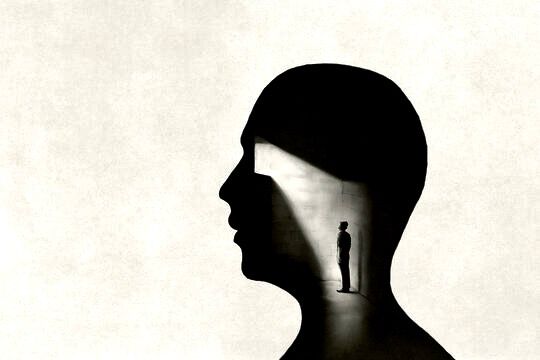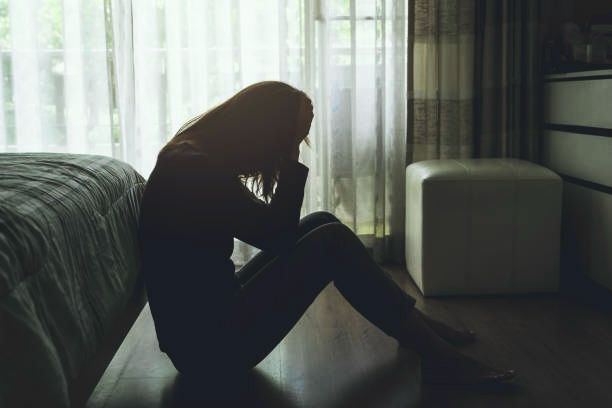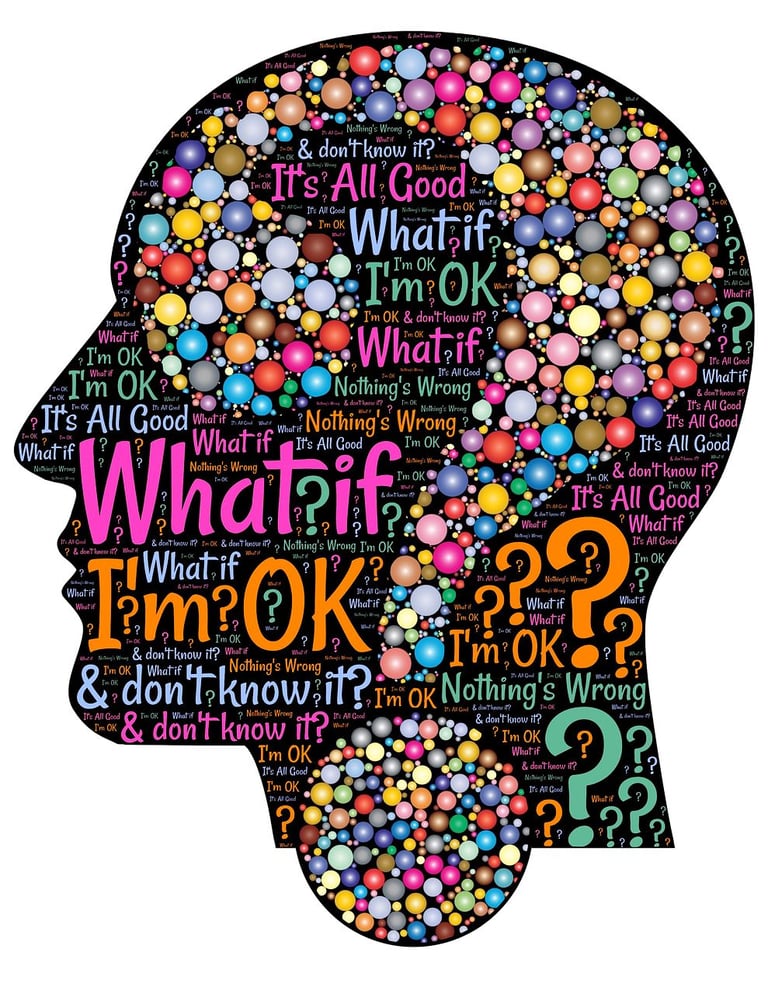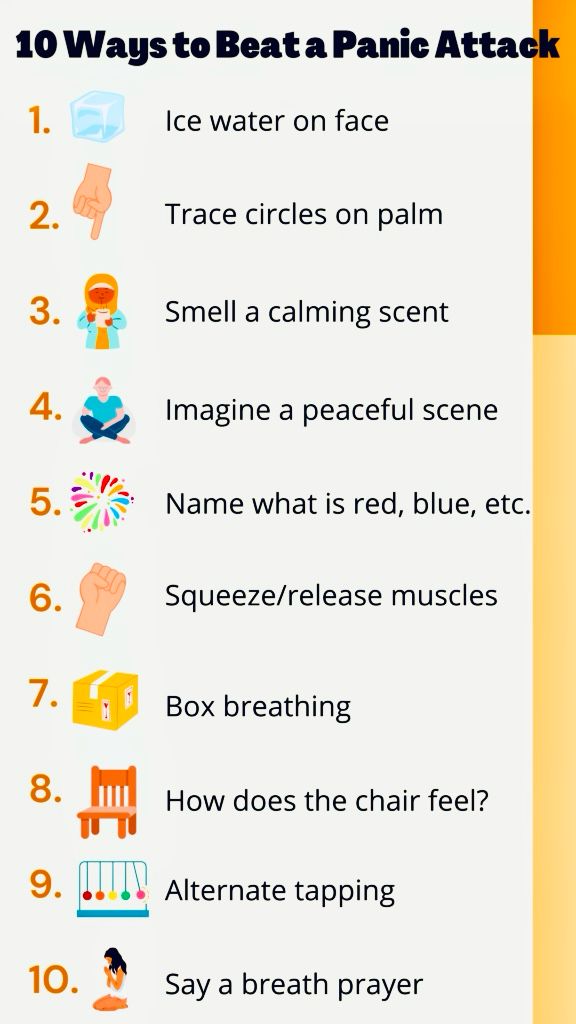Add your promotional text...
The Silent Struggles of Anxiety A Journey Towards Understanding


The Silent Struggles of Anxiety A Journey Towards Understanding
It's natural for many of us to experience worry from time to time. We may stress about our finances, feel anxious before a job interview, or get nervous in social situations. In fact, these feelings can even be beneficial, giving us a surge of energy or helping us concentrate. However, for people with anxiety disorders, these feelings can become overwhelming. Anxiety disorders affect nearly 1 in 5 American adults every year. Those who suffer from these disorders experience persistent feelings of fear and uncertainty that disrupt their daily lives and can last for six months or longer.
Anxiety can be described as a stealthy intruder that invades the innermost parts of our minds and hearts, without any regard for boundaries. It can manifest itself in various forms, from the constant worry and restlessness to the overwhelming fear of the unknown. The silent struggles of anxiety are often misunderstood, making it even more difficult for those who experience it to seek help and understanding. Behind the calm facade that anxiety sufferers often project, there is a constant battle going on within. It's a journey that can be filled with confusion, frustration, and loneliness.
One of the most challenging aspects of anxiety is the isolation it creates. It's not something that can be easily seen or understood by others, leading to a lack of empathy and support. Many with anxiety find it hard to explain what they are going through, fearing that they will be judged or dismissed. This silence only adds to the burden they carry, deepening the struggle they face.
But there is hope the majority of anxiety disorders can be effectively treated with therapy. The specific course of treatment depends on the type of anxiety disorder. Medications, psychotherapy (also known as "talk therapy"), or a combination of both are often successful in alleviating troubling symptoms.
The journey towards understanding anxiety begins with education and awareness. By shedding light on the complexities of anxiety, we can break down the walls of stigma and create a safe space for open conversations. We must understand that anxiety is not a sign of weakness or a character flaw, but rather a legitimate mental health condition that requires compassion and support.
Dr. Daniel Pine, a neuroscientist and psychiatrist at the NIH, states, "Anxiety disorders are among the most treatable mental health issues we encounter. However, for reasons that are not yet fully understood, many individuals suffering from these disorders do not seek or receive the treatment that could truly benefit them."
Is Dr. Pine describing you? One of the most prevalent anxiety disorders is social anxiety disorder, also known as social phobia. It affects an equal number of men and women, totaling approximately 15 million adults in the United States. Without treatment, social phobia can persist for years or even a lifetime. Individuals with social phobia often experience days or weeks of worry leading up to a social event. They may feel embarrassed, self-conscious, and fearful of being judged. Communication becomes challenging, and physical symptoms such as blushing, sweating, trembling, or gastrointestinal discomfort may arise in social situations.
Other common anxiety disorders include generalized anxiety disorder, which affects nearly 7 million American adults, and panic disorder, which affects approximately 6 million. Both of these disorders are twice as prevalent in women compared to men.
Those with generalized anxiety disorder constantly worry about everyday issues, such as health, finances, or family problems, even when there is little reason for concern. They may be easily startled, have difficulty relaxing, and struggle to concentrate. Sleep disturbances, such as difficulty falling asleep or staying asleep, are common.
Then there is panic disorder. People suffering with panic disorder experience sudden and recurring episodes of intense fear, known as panic attacks, which can last several minutes or longer. During a panic attack, they may feel as if they are unable to breathe or that they are having a heart attack. They may fear losing control or experience a sense of detachment from reality. Not everyone who experiences panic attacks will develop panic disorder.
Those afflicted by anxiety often face a variety of shared obstacles and experience similar emotions. Let’s take a minute to set our feelings aside, and step into the shoes of someone who suffers from anxiety…this is what you may be feeling:
Uncertainty: a constant state of uncertainty, making it difficult for you to feel secure or confident in your decisions and actions.
Fear: intense fear, whether it be a fear of specific situations or a general sense of apprehension and dread.
Overthinking: you can’t stop over analyzing and overthinking things, you feel mentally trapped in a cycle of negative thoughts and worries.
Physical symptoms: your heart is racing, you have shortness of breath, trembling, sweating, and stomach discomfort.
Social challenges: your feeling extremely self-conscious, you feel like isolating yourself, your having difficulty meeting friends, your lonely, your struggling to maintain your current relationship.
Perfectionism: you have a strong desire to be perfect and fear making mistakes or being judged by others.
Lack of control: you feel powerlessness, a indescribable feeling of being out of control, which makes you feel heightened stress and unease.
Emotional rollercoaster: your experiencing a wide range of emotions, including sadness, irritability, restlessness, and frustration.
Difficulty in relaxation and sleep: you can’t sleep, or turn off your brain, your restless, emotionally and physically fatigued.
Self-doubt: you doubt yourself, your constantly questioning your abilities and worth, your finding it difficult to believe you matter in the lives of those around you.
Did any of those things make you feel warm and fuzzy inside? Joy? Peace? ... That was just 45 seconds of what some live 24 hours of every day feeling. How’s that for perspective? Remember, these are our family members we’re talking about, our friends, our children, our teens, our coworkers, and in some cases ourselves. Allow yourself to connect emotionally with that. Empathize with those who are experiencing this because just by "understanding," you’re in a better position to uplift someone who just might need your support today. Now I’ll equip you with tools that will increase your awareness and strengthen your ability to uplift yourself and those who you care about.
Here are some self-care activities specifically geared towards easing anxiety:
1. Deep breathing exercises, such as diaphragmatic breathing or box breathing, can activate the body's relaxation response and reduce anxiety. Take slow, deep breaths, focusing on filling your abdomen with air and exhaling slowly. Repeat this pattern several times until you feel a sense of calm.
2. Regular physical exercise is known to reduce anxiety and improve mood. Engaging in activities like walking, jogging, yoga, or dancing releases endorphins, which are natural mood boosters. Find an exercise routine that suits your preferences and incorporate it into your daily or weekly schedule.
3. Try Progressive Muscle Relaxation. Start by tensing a specific muscle group, such as your fists, and hold the tension for a few seconds before releasing and relaxing the muscles. Work your way through different muscle groups, from head to toe, to release tension and alleviate anxiety.
4. Mindfulness involves being fully present in the current moment and observing your thoughts and feelings without judgment. Engage in mindfulness practices such as meditation, body scans, or mindful walking to cultivate a sense of calm and reduce anxiety
5. Create a self-care routine that includes activities you enjoy and that help you relax. This could include taking a warm bath, practicing aromatherapy, listening to calming music, reading a book, or engaging in a hobby that brings you joy.
6. Spending time in nature has a calming effect on the mind and body. Take a walk in a park, sit by the beach, or go hiking in the mountains. Connecting with nature can help reduce stress, improve mood, and promote a sense of tranquility.
7. Writing down your thoughts and feelings in a journal can be a therapeutic way to process anxiety and gain clarity. Set aside time each day to write about your experiences, fears, and achievements. This can help you release emotions and gain a new perspective on your anxiety.
8. Constant exposure to news and social media can contribute to anxiety. Take breaks from news updates and limit your time on social media platforms. Instead, focus on activities that bring you joy and help you relax.
9. Reach out to your support network, whether it's friends, family, or a therapist. Sharing your feelings and experiences with trusted individuals can provide comfort, validation, and guidance. Don't hesitate to seek professional help if you feel it's necessary.
Explore these activities and find what resonates with you. Consistency and self-compassion are key. By incorporating self-care activities into your daily routine, not only can you effectively alleviate anxiety and enhance your overall well-being, but you also become a positive influence on those within your sphere.












Contacts
alphalion@7lionfitness.com
Socials
(480) 925-7969
© 2023 -2024 7 lion Fitness. All Rights Reserved.
